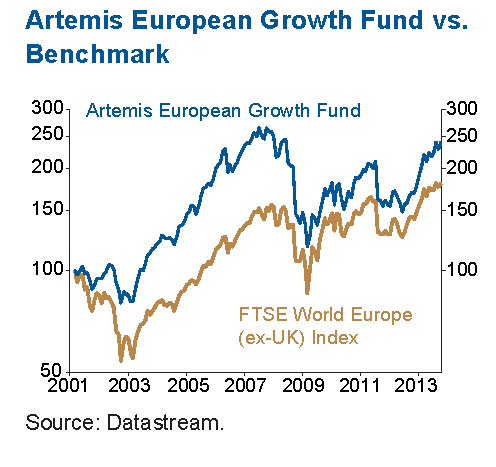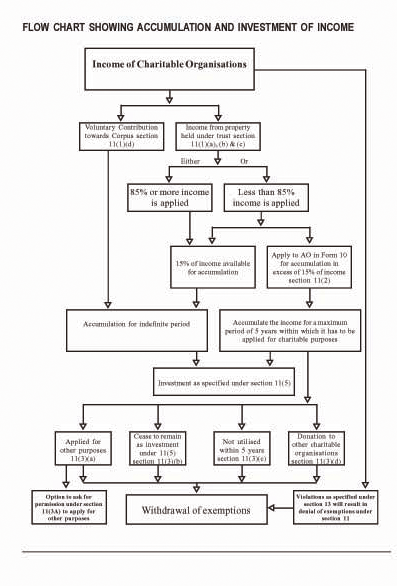Income units versus accumulation units which should I use
Post on: 29 Август, 2015 No Comment

I nvestment funds of the Unit Trust and OEIC persuasion generally come in two flavours. There’s the good old-fashioned income flavour, and theres also the self-inflating, high fat accumulation flavour. 1
The difference between the two is simple, subtle and useful. but it can be as confusing as identical twins who part their hair on opposite sides.
The difference between income and accumulation units boils down to this:
- The income class of a fund pays out dividends and other income as cash, directly into your broker or bank account, with luck shortly after the fund’s distribution date.
A welcome morale boost it is, too. If you’re in the withdrawal phase of your investment life (that is, youre a spender!) then these income units are for you.
- The accumulation class does not shower you with lovely money. Instead it hangs on to your dues and reinvests them directly back into the fund – buying more shares and compounding your return .
Accumulation units are dull, boring and not nearly so nice as finding a little cash in your trading account every so often. All the same, they gift you discipline without effort. and that can prove hugely uplifting in the long-term, since reinvested dividends are a major factor in total returns.
Accumulation units defeat the enemy within
You can reinvest dividends paid out from income units, too, but youre always prey to the temptation to divert them into some shorter-term cause, like having fun right now.
The advantage of accumulation units is that the devil-in-you has no chance to make mischief. The income is rolled up into the runaway snowball of future wealth, and you’ll barely even miss it.
In contrast, reinvest yourself and – aside from the potential self-sabotage already mentioned – you may lose a slice of your income to trading costs :
Accumulation units side-step all that.
True, it won’t make any difference if you’re a smart passive investor who buys funds that don’t incur those kind of fees. For example, the HSBC index funds used in Monevator’s Slow and Steady passive portfolio shouldn’t attract any upfront trading charges, and so you don’t save by using the accumulation version.
Reinvesting dividends in Vanguard accumulation class funds definitely is cheaper though, and ‘capitalising’ ETFs also benefit. (‘Capitalising’ is ETF-speak for accumulation units. ETFs that pay out dividends are usually termed ‘distributing’.)
The same but different

When I try to explain accumulation units to friends (I seem to have less of those than I used to!), they often go cross-eyed the moment the price differential comes up:
- Accumulation units cost more than income units.
- This does not make income units more attractive than accumulation units.
- Both classes of fund will produce identical returns in the future.
At launch, the accumulation class and income class of any given fund are identically priced. But over time, the accumulation units have retained dividends in the fund while the income units have handed them out.
The retained dividends have purchased more shares for the accumulation class of the fund and thus increased the value of every unit held. Yet when you buy into a fund, you’ll get the same bang for your buck from accumulation units as from income units.
Imagine the Monevator FTSE Human Folly index tracker fund:
- The accumulation units are priced at £2
- The income units are priced at £1
Lets suppose the fund goes up 10%. 2
- The accumulation units are now worth £2.20
- The income units are now worth £1.10
If you had spent £2 on two income units instead of one accumulation unit, your cash return would have been identical at 20p. The only real performance difference is that accumulation units will without doubt be compounding your dividends as and when theyre earned, retained, and reinvested, whereas income units leave it all up to you.
Take it steady,
The Accumulator
- Funds with inc in the title indicate income units while acc indicates accumulation. [↩ ] Remember we are talking about the capital appreciation of the underlying holdings owned by your fund here. In contrast, a 10% gain due to income would either be paid out by an income unit or reinvested by an accumulation unit, as per the natty picture above. [↩ ]














